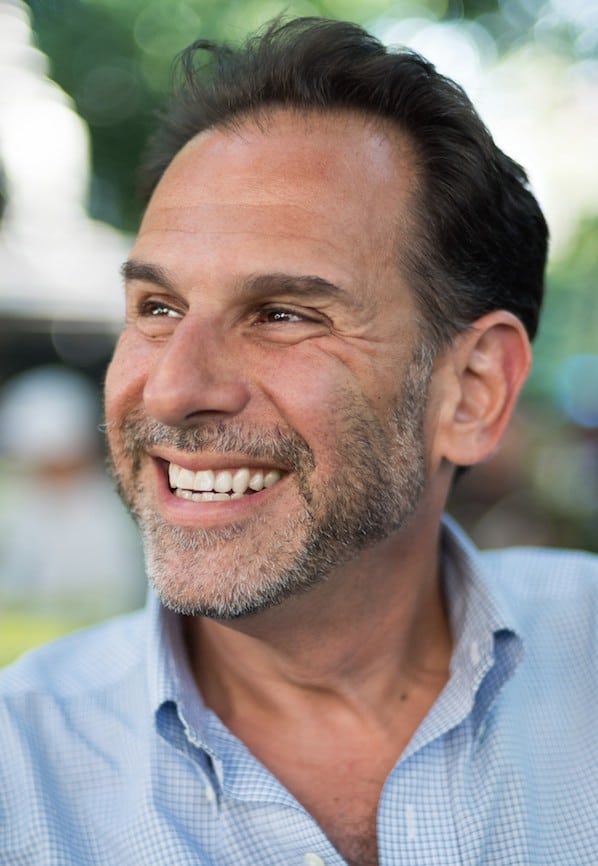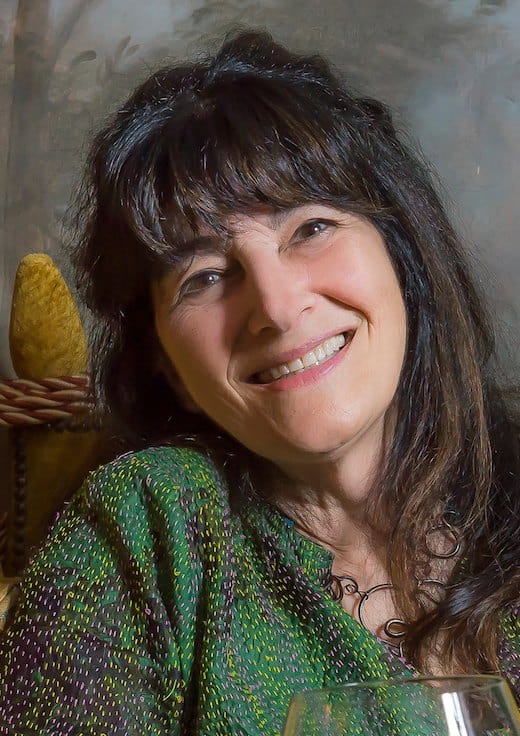

8pm
Andrew Friedman
in conversation with Ruth Reichl
Chefs, Drugs and Rock & Roll:
How Food Lovers, Free Spirits, Misfits and Wanderers Created a New American Profession
Cross Campus – Santa Monica
929 Colorado Ave,
Santa Monica, CA 90401
PURCHASE TICKETS
$45 General Admission Seat
+ a copy of Chefs, Drugs and Rock & Roll
$55 Reserved Section Seat
+ Chefs, Drugs and Rock & Roll
$20 General Admission Seat
$30 Reserved Section Seat
Andrew Friedman has chronicled the life and work of some of the best American chefs. He is the author of Knives at Dawn: America’s Quest for Culinary Glory at the Bocuse d’Or, the World’s Most Prestigious Cooking Competition and coeditor of the internationally popular anthology Don’t Try This at Home. He has also coauthored more than two dozen cookbooks and memoirs with chefs including Alfred Portale, Paul Liebrandt, and Michael White, and collaborated on the New York Times bestselling memoir Breaking Back with tennis star James Blake. Friedman writes about chefs on his Toqueland blog and interviews them on his Heritage Radio Network podcast Andrew Talks to Chefs.
Ruth Reichl began writing about food in 1972, when she published Mmmmm: A Feastiary. She moved to Berkeley, California in 1973, and became co-owner and cook at The Swallow Restaurant. In1978 she became restaurant critic for New West and California magazines, and went on to be the restaurant critic and food editor of the Los Angeles Times. From 1993-1999 she served as restaurant critic for the New York Times. In 1999 she moved to Gourmet Magazine, where she was Editor in Chief for ten years.
She has authored four memoirs, Tender at the Bone, Comfort Me with Apples, Garlic and Sapphires, and For You, Mom, Finally. Her novel, Delicious! was published in 2014, and her cookbook, My Kitchen Year, 136 Recipes that Saved My Life in 2015. She edited The Modern Library Food Series, which currently includes ten books. She was Executive Producer and host of the public television series, Adventures with Ruth and a judge on Top Chef Masters. She is the recipient of six James Beard Awards. At the moment she is at work on a memoir of the Gourmet years and another novel, both to be published by Random House.
“Andrew Friedman’s genuine curiosity and deep admiration for chefs and the American restaurant industry have enabled him to capture some of the greatest history of our times. I encourage you to accept his invitation to join in the most fascinating tableside storytelling as heard from the colorful characters who shaped our contemporary restaurant culture.”
—Michael Anthony, Executive Chef, Gramercy Tavern
Chefs, Drugs and Rock & Roll transports readers back in time to witness the remarkable evolution of the American restaurant chef in the 1970s and 1980s. Andrew Friedman goes inside Chez Panisse and other Bay Area restaurants to show how the politically charged backdrop of Berkeley helped spark this new profession; into the historically underrated community of Los Angeles chefs, including a young Wolfgang Puck; and into the clash of cultures between established French chefs in New York City and the American game changers behind the Quilted Giraffe, River Café, and other storied establishments. Along the way, the chefs, their struggles, their cliques, and, of course, their restaurants are brought to life in vivid, memorable detail. As the ’80s unspool, we watch the profession evolve as American masters like Thomas Keller rise, and watch the genesis of a “chef nation” as chefs start crisscrossing the country for work and special events and legendary hangouts like Blue Ribbon become social focal points, all as the industry-altering Food Network shimmers on the horizon.
A (mostly) oral history told primarily in the words of the people who lived it—from writers like Ruth Reichl to chefs like Jeremiah Tower and Jonathan Waxman—Chefs, Drugs and Rock & Roll treats readers to an unparalleled 360-degree re-creation of the industry and the times through the perspectives not only of the pioneering chefs but also of line cooks, front-of-house personnel, investors, and critics who had front-row seats to this extraordinary transformation.
